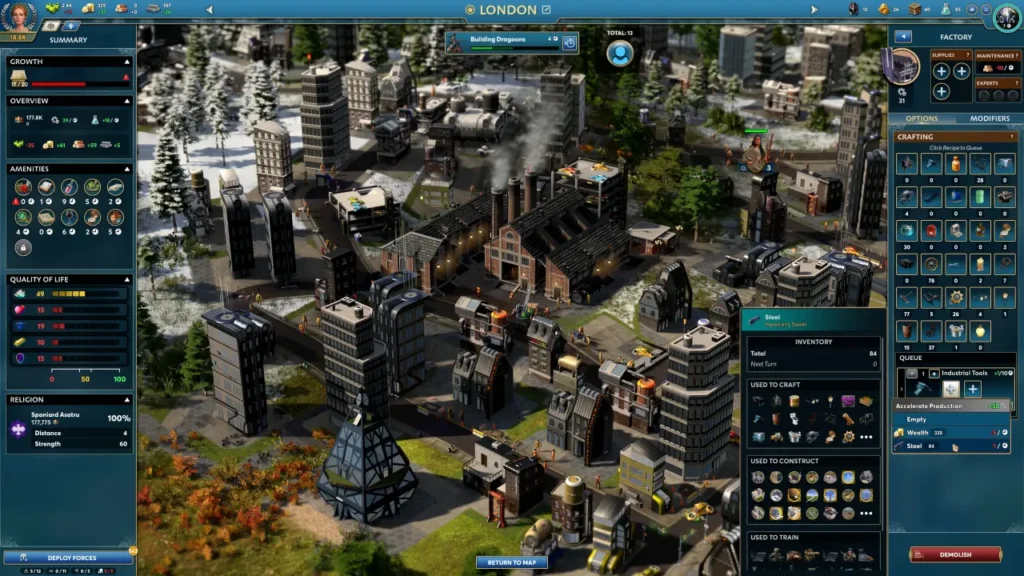Released by Oxide Games, “ARA: History Untold” brings a refreshing twist to the 4X (explore, expand, exploit, exterminate) genre. Combining historical strategy with engaging turn-based gameplay, it offers a new direction for fans of games like Civilization or Humankind.
A Fresh Historical Canvas
“ARA: History Untold” allows players to rewrite history by leading a civilization from its humble beginnings to a dominant world power. The game impresses by going beyond typical historical figures, giving players more freedom in shaping a nation’s culture, economy, and military decisions. It introduces a nuanced approach to historical simulation, offering deep customization of your nation’s path through decisions that shape culture, technology, and diplomacy.
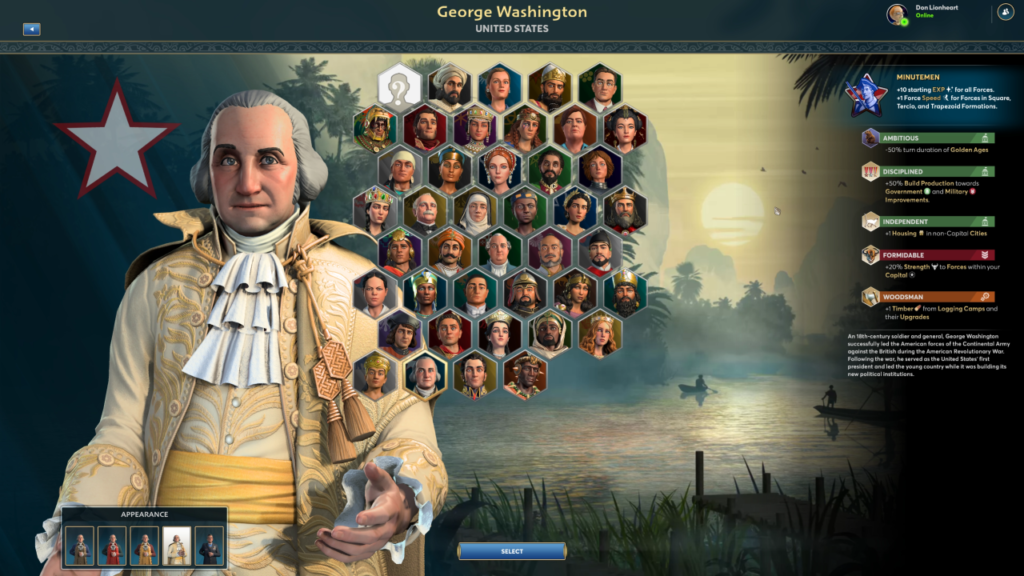
However, unlike many of its contemporaries, “ARA” avoids rigid adherence to historical accuracy, providing an alternate-history experience. This allows for greater creativity and scenarios that would never happen in a traditional history game, like the Greeks mastering space travel in the 16th century or the Mongol Empire developing modern technology.
- Advertisement -
Engaging Turn-Based Strategy
The core mechanics of “ARA: History Untold” lean into a thoughtful, turn-based system that emphasizes strategic planning over fast-paced execution. Players are tasked with making choices about how their nation grows, including resource management, city-building, and diplomatic relationships. The pacing encourages long-term thinking, ensuring that each move feels meaningful.
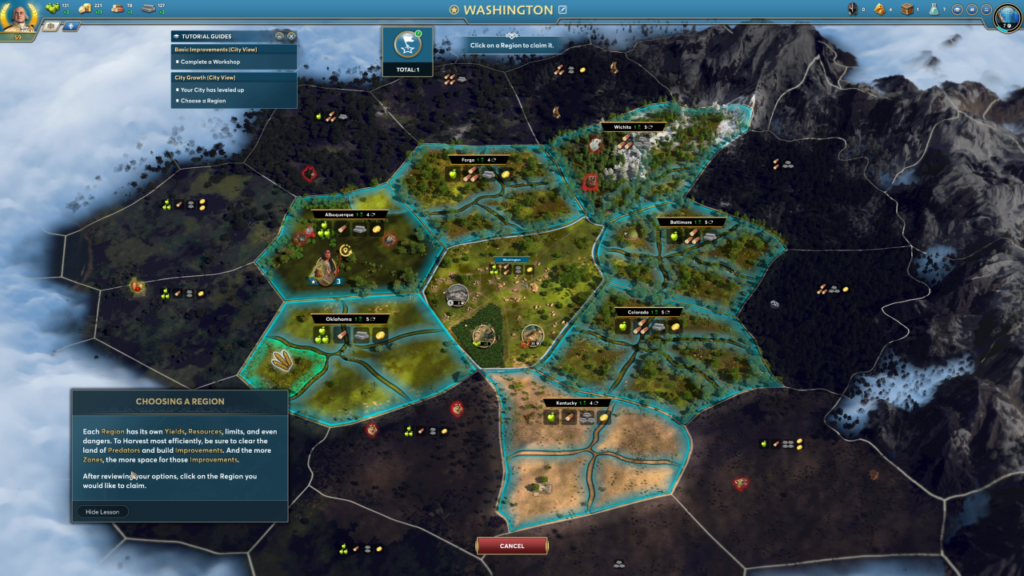
What sets the game apart is its unique emphasis on social dynamics and cultural developments as much as military conquest. You’re just as likely to build alliances and influence the world through cultural hegemony as you are to send armies into battle.
Visuals and Art Direction
Visually, “ARA” shines with a distinct artistic style that combines historical architecture with fantastical designs. The cities you build are detailed and unique, and watching them evolve over centuries is visually rewarding. While it may not compete with the photorealism of other titles, its vibrant art direction and easy-to-navigate interface make it enjoyable to play and navigate.
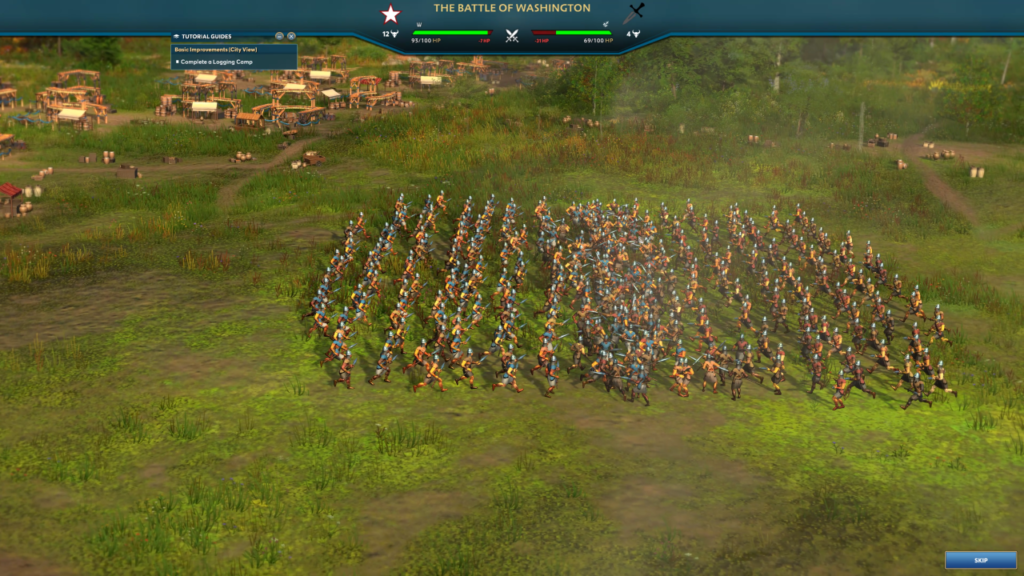
However, it can sometimes feel too simplified compared to the depth seen in games like Civilization. Players who prefer micromanaging each aspect of their civilization might find the streamlined approach somewhat lacking in complexity.
A New Approach to Diplomacy
One of the standout features is the game’s diplomacy system. Unlike many strategy games, where relationships with other nations are often reduced to simplistic numbers or barometers, “ARA” puts real emphasis on the dynamic relationships between cultures. You can broker trade deals, form alliances, and even undermine other civilizations through espionage. It adds layers to the traditional turn-based formula and makes diplomacy a key part of success.
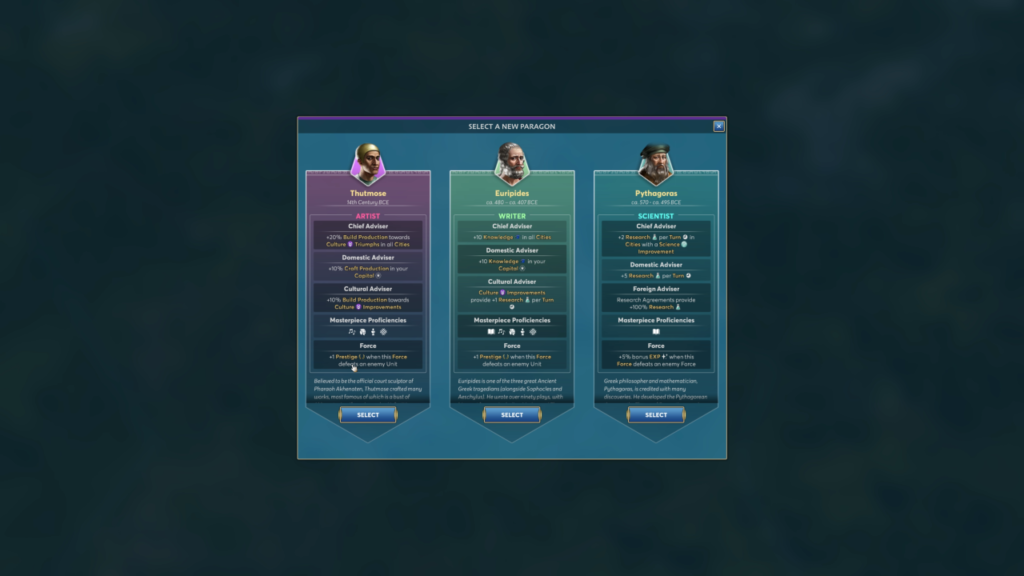
The AI in the game is adaptive and intelligent, though sometimes frustratingly unpredictable. One minute you may have a strong alliance, and the next, you’re blindsided by a sudden betrayal. While this can be exciting, it sometimes feels more chaotic than strategic.
Room for Growth
While the game shows immense potential, it does have a few growing pains. Some systems, particularly in warfare and resource management, feel underdeveloped. Combat is solid but lacks the depth and tactical flair that some players might expect from a 4X title. The game’s reliance on more abstract representations of combat and resources could feel too streamlined for hardcore strategy fans. Additionally, the AI’s unpredictability, while engaging, sometimes detracts from a sense of consistent strategy.
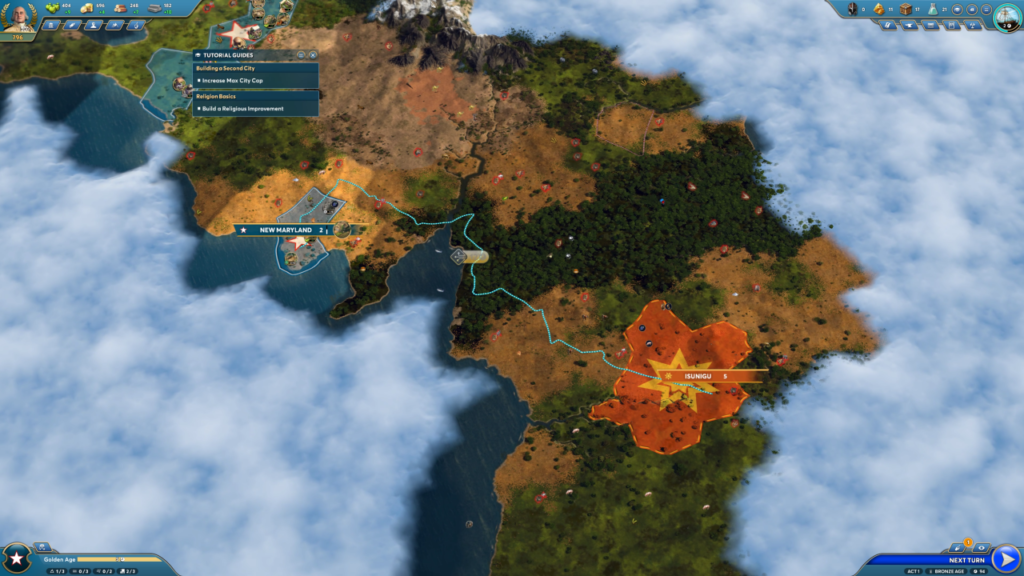
Final Verdict
“ARA: History Untold” offers a fresh take on the historical strategy genre. Its unique focus on diplomacy, culture, and alternate history gives it an edge over traditional 4X games. However, it’s not without its shortcomings, especially in terms of tactical combat and resource complexity.
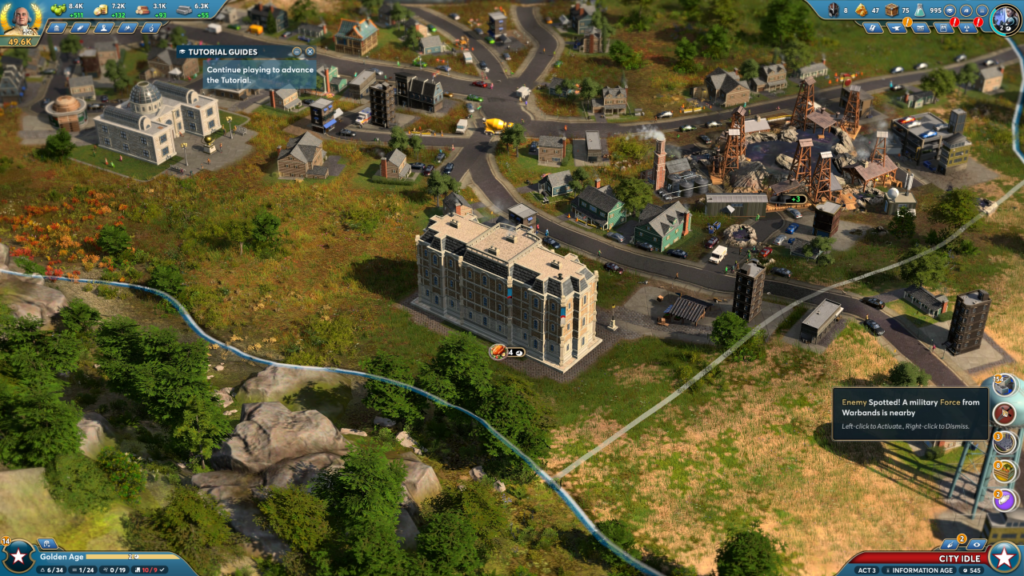
For those looking for a new and exciting twist on historical simulations, “ARA” delivers, but players looking for more intricate micromanagement or combat-focused gameplay may feel slightly underwhelmed.
